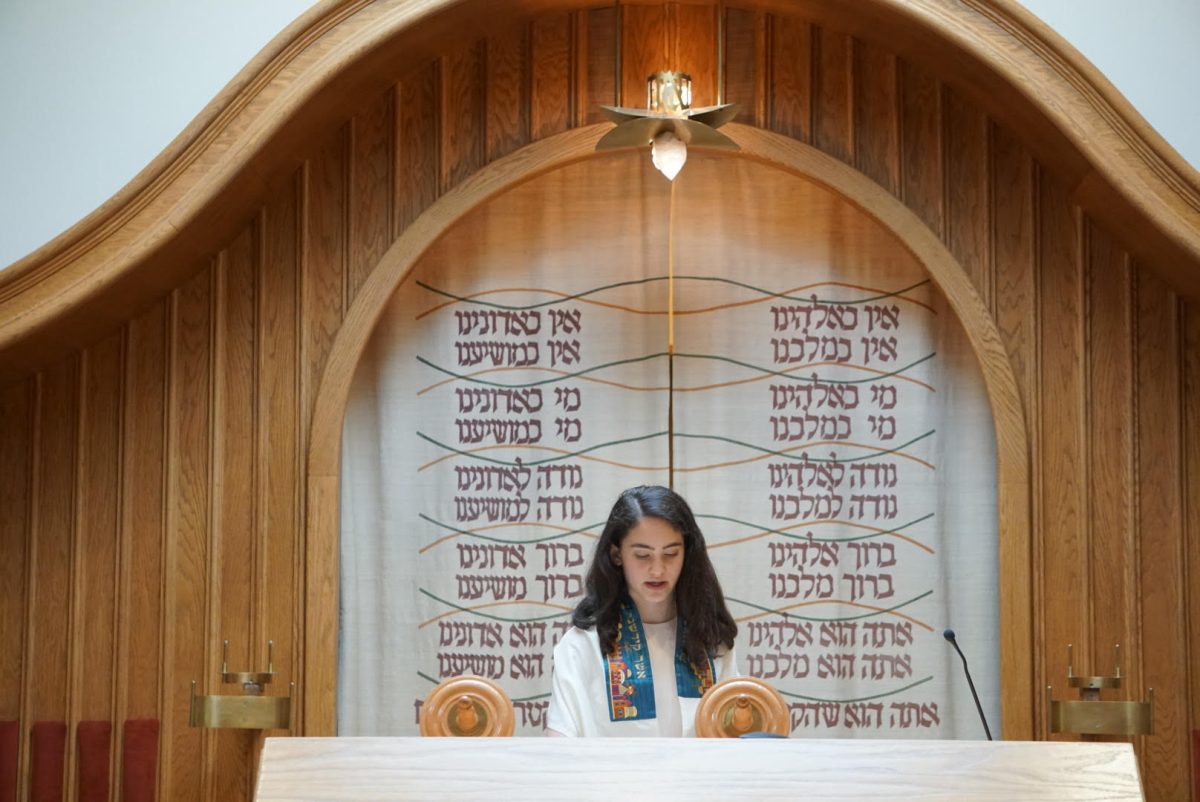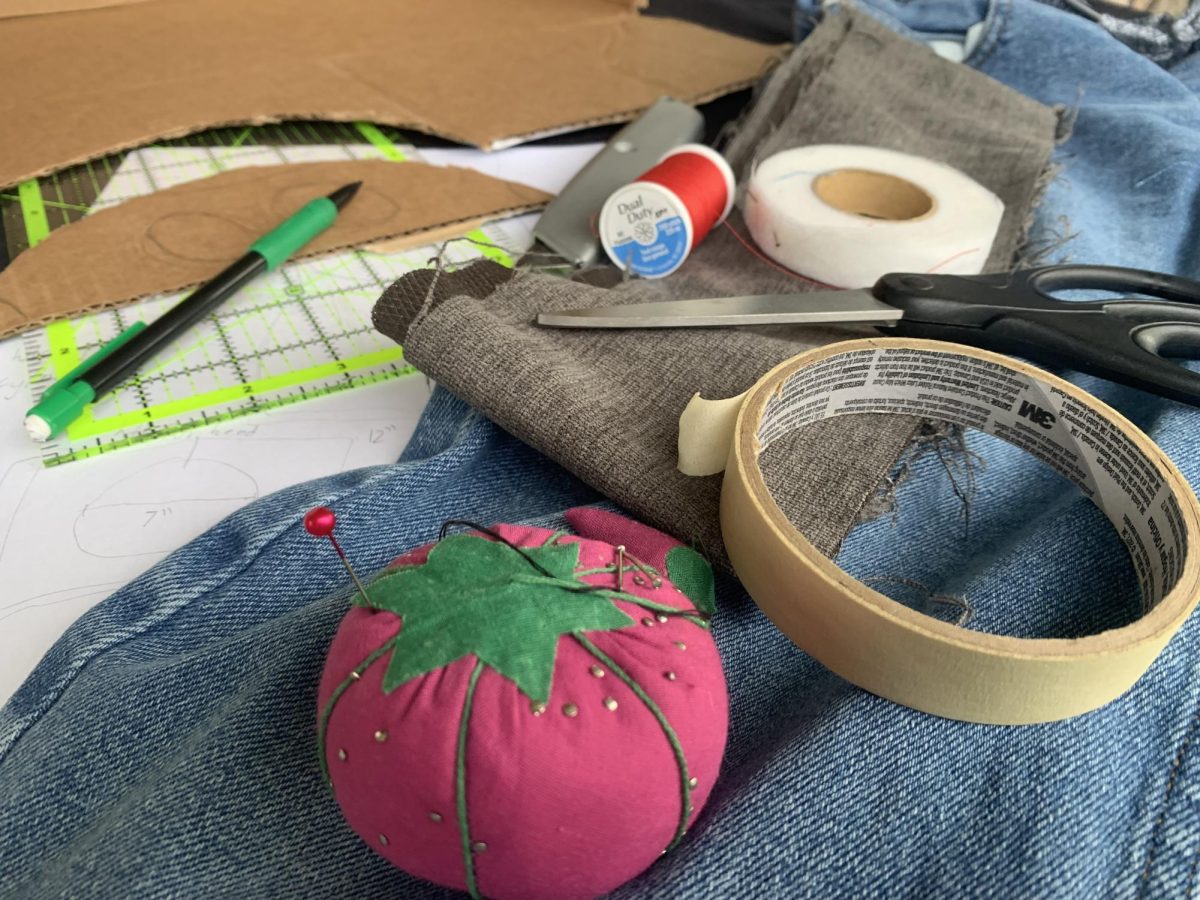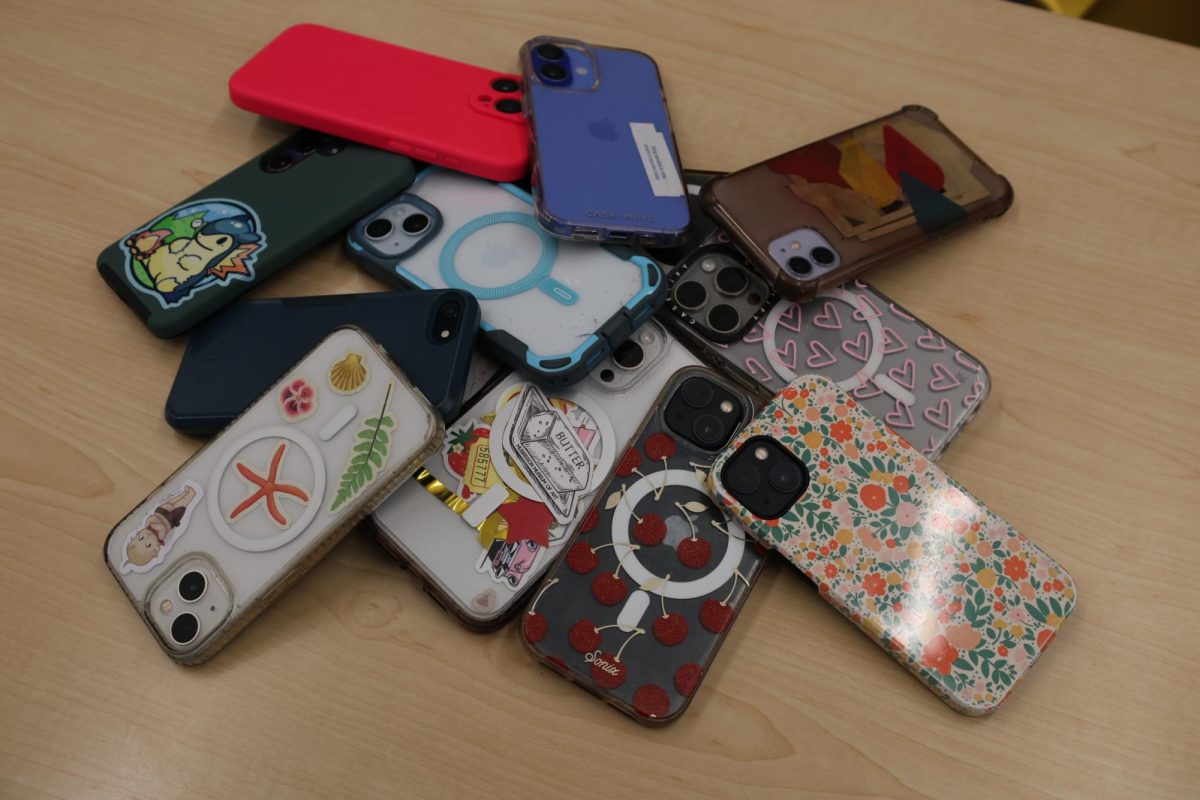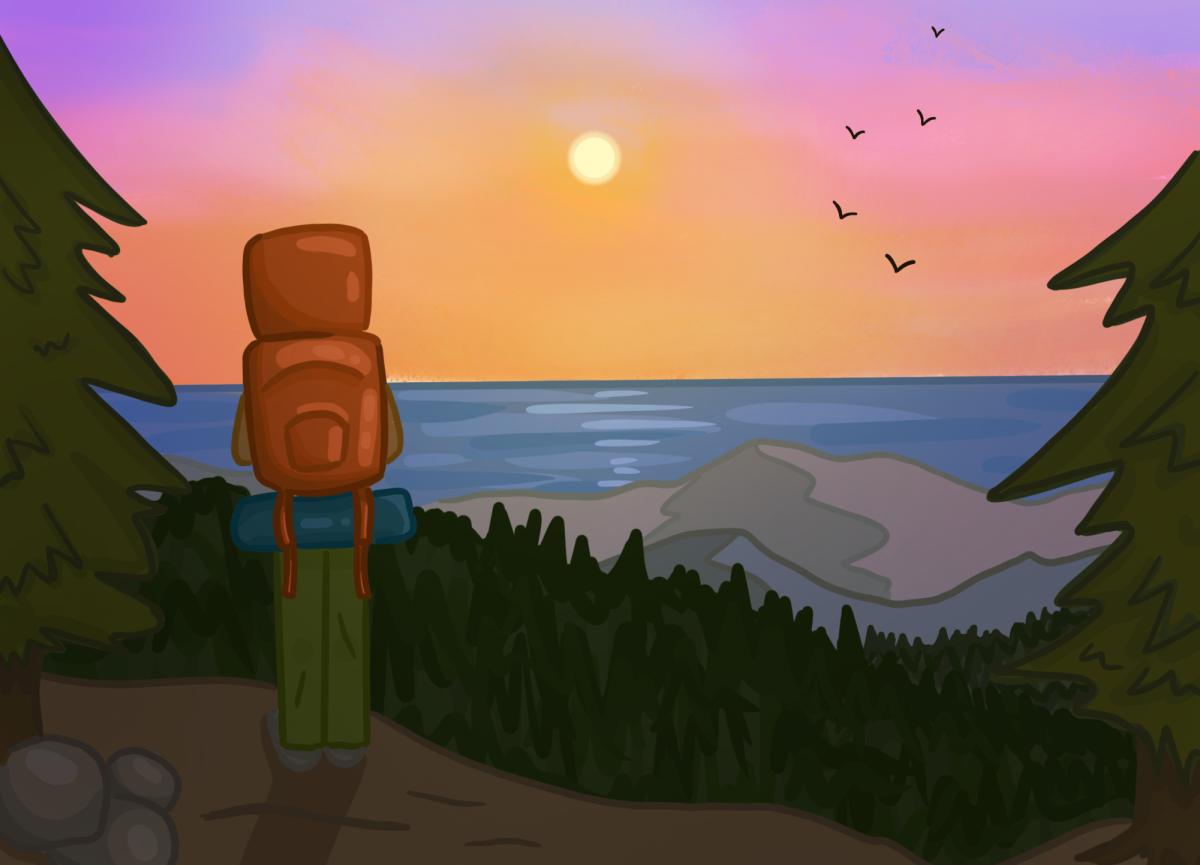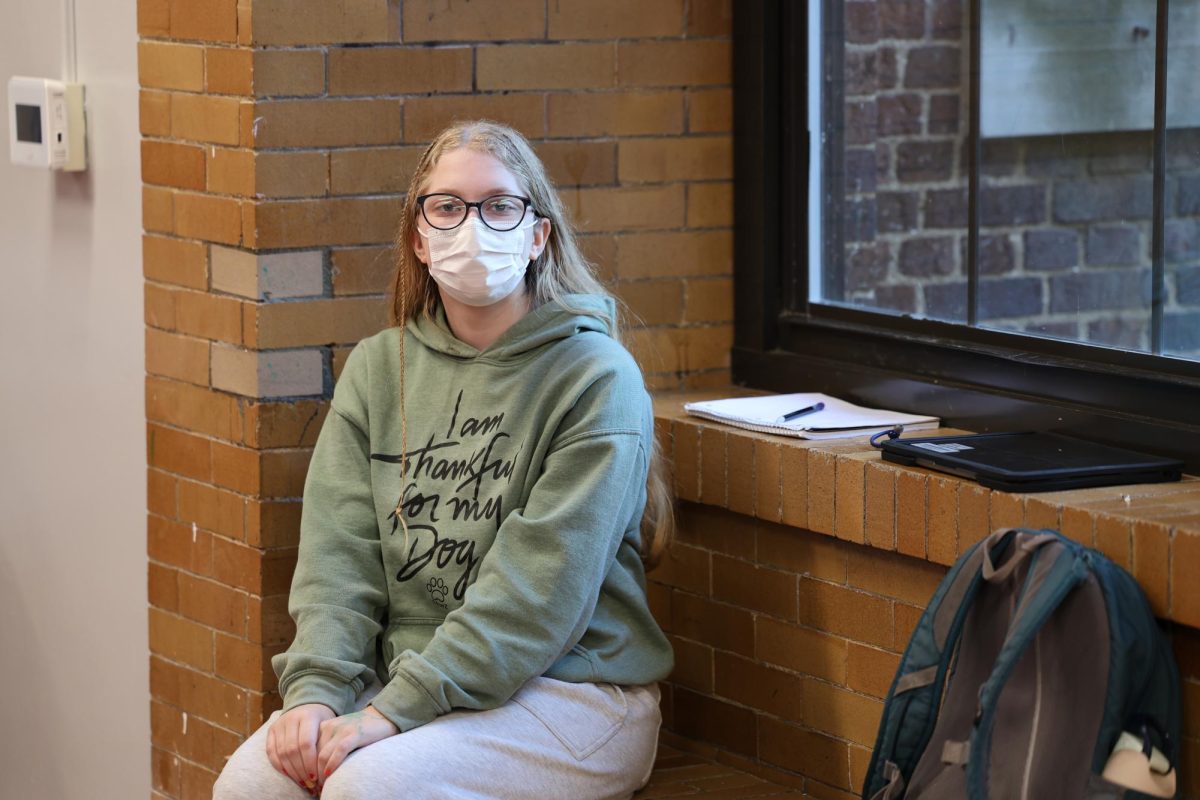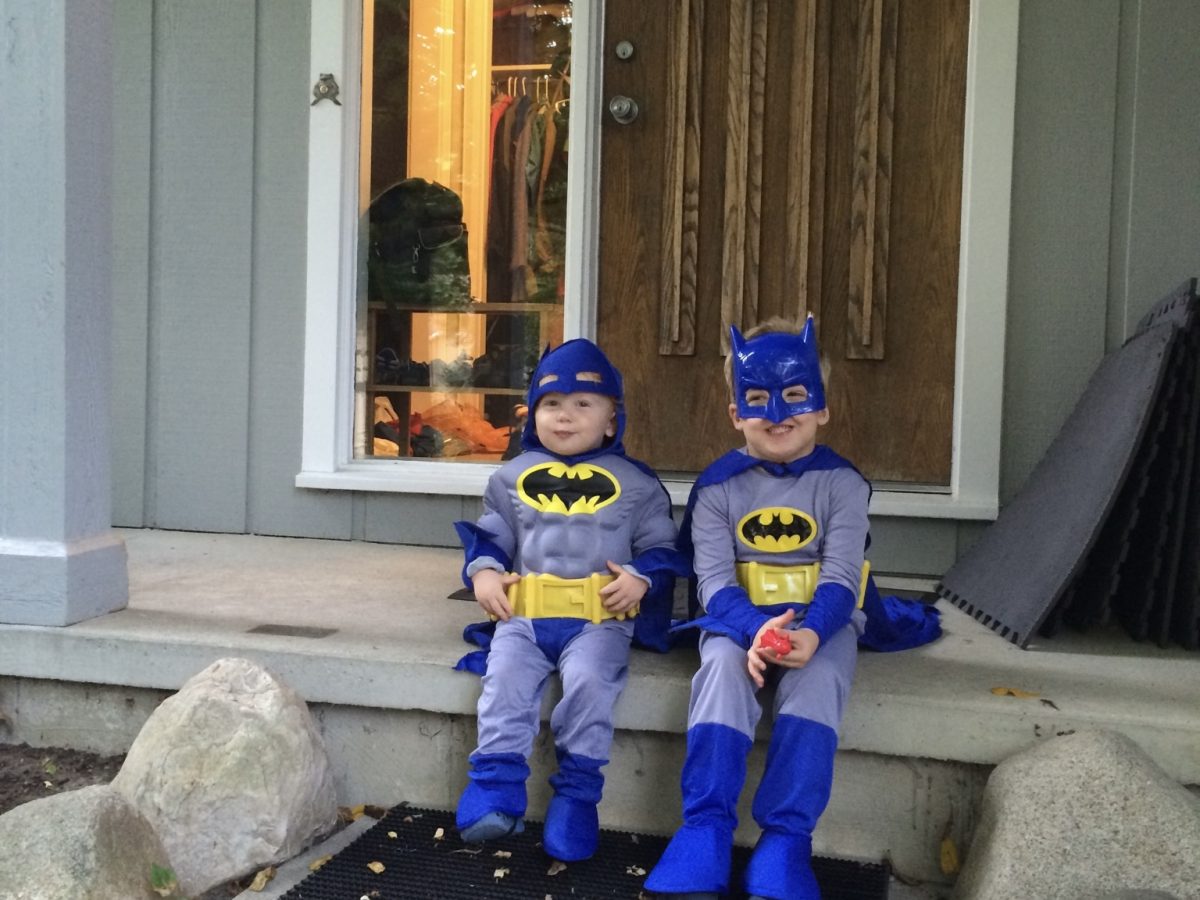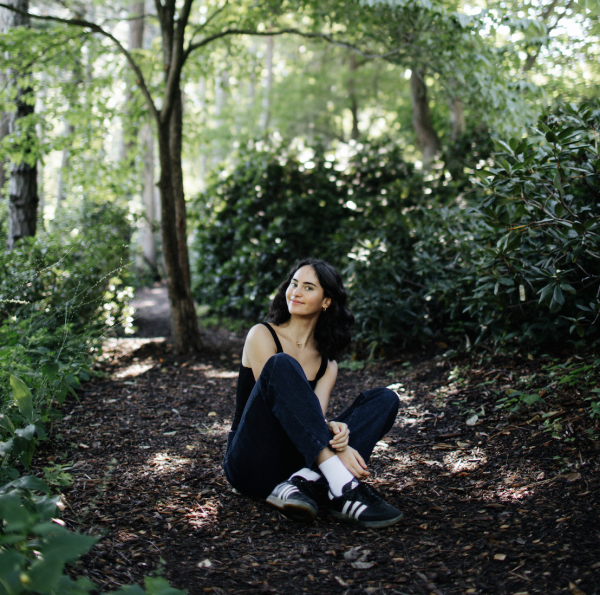I stopped believing in God at 14 years old.
Being Jewish has always been one of the bigger puzzle pieces of my identity. Raised in a conservative synagogue, services, Shabbat, daily prayer and Hebrew school were constants throughout my childhood. Judaism touched my neshamah [soul] in a way like no other, encouraging me to explore even further — I became the first Bat Mitzvah in my entire family. The synagogue was not only a place of worship; it was another home where I celebrated and learned.
But the roof started to collapse.
COVID-19 emerged rapidly, and as isolation was enforced, I felt disconnected from the community that meant most to me, but I wanted to remain active in Jewish life; I attended services online, participated in Jewish teen meetings and gathered near the Shabbat candles every Friday night. But as I would close my eyes, something felt off.
God was absent.
This feeling persisted, and I felt hopeless. I missed the warmth of my congregation and the virtual vessel didn’t fill that void.
Come 2022, my mom forwarded me an email labeled “Teen Mission.” Inside was a packed month-long itinerary, promising an enriching trip to Israel alongside Jewish American and Israeli teens. It sounded both terrifying and exhilarating, yet I knew I needed to go, and possibly find my solution in the world’s most religious place. I was so tired of feeling like a shell of myself.
And it was the best month of my entire life. I made two Israeli best friends — Ziv and Or — and we did everything together. We embarked on the strenuous Sea-to-Sea hike, belted Shabbat songs and stargazed in the Arava desert as our stomachs ached from never-ending laughter. With them, I never felt judgment or fear; I only acted like myself, feeling excited and energetic every day.
As we were about to depart for a three-hour long bike ride, I started to feel sick. I had COVID.
In my colorless motel room, I felt like I was back at square one: alone, physically and mentally. Wistfully, I unpacked my belongings and found a book: “100 Years of Solitude.” How fitting, I thought. With nothing else to do, I moved to a deserted porch with the book in hand.
Immediately, the pages transported me to the mystical, tiny town of Macondo. I found myself within the complex characters, from Colonel Aureliano Buendía’s attentiveness to his studies to Úrsula’s honesty. Characters, like Buendía, felt out of place within their community. I realized I was the same.
My religious puzzle remains unsolved, but I came home with more pieces than before; I left with a deeper understanding of myself and what community means. Immersed in a small yet culturally rich region, like Macondo, I realized my relationship with God is just that — mine. As the characters in “100 Years of Solitude” view solitude differently, my relationship with God differs from Ziv and Or, my congregation and even my past self, and I respect them regardless. I may not believe in God, but my connection with those around me is just as strong, no matter our differences.



